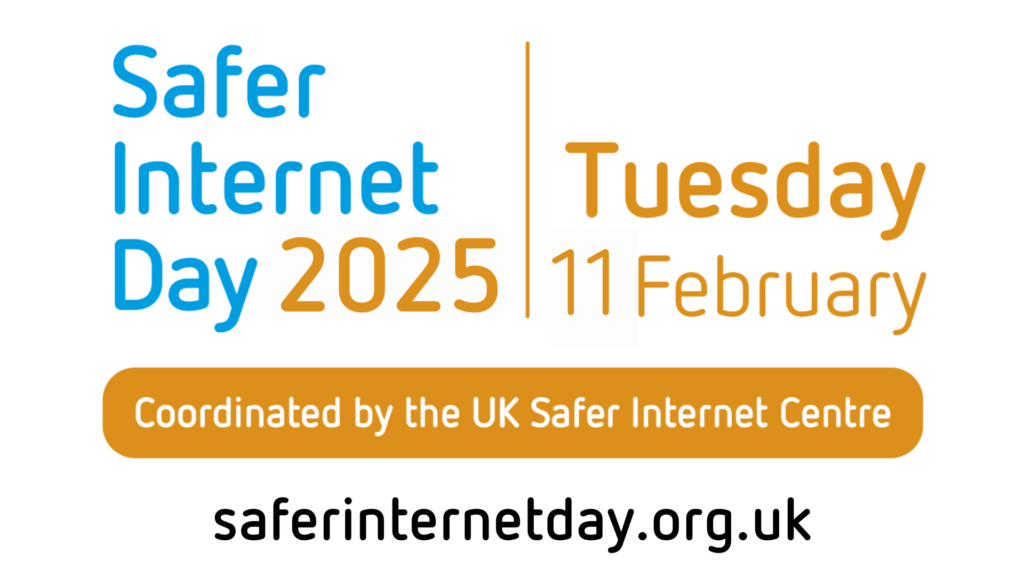
February 11th 2025
This Safer Internet Day (11 February 2025), the focus is on scams and how to spot and stop them before they cause harm. With so many people in social care using the internet for shopping, banking, and staying in touch with family, care providers can play a valuable role in keeping people safe online.
As a care service manager, you can equip your staff with the right knowledge and tools to help people drawing on care to recognise online scams, protect their personal information, and feel a bit more confident online. Here are some practical steps you can take with your team.
Why online safety matters in social care
People drawing on care—whether in a care home or in their own home—can be more vulnerable to scams, fraud, and misinformation. Some may struggle to spot fake messages, dodgy websites, or people pretending to be someone they’re not. Others may over-share personal information, making them a target for scammers.
Common online risks include:
- Scams and fraud – Fake emails, phone calls, or websites designed to steal personal details or money.
- Misinformation – False or misleading content that can cause worry or confusion.
- Cyberbullying and abuse – Clients being targeted with unkind messages or exploitation.
- Privacy issues – Clients accidentally sharing too much personal information online.
As a manager, you can help your staff to feel more confident in supporting clients with these risks.
How care staff can help people stay safe online
- Support staff to have open conversations
One of the best ways to protect people from online scams is simply talking about them. Encourage staff to:
- Ask people about their internet use – “What websites or apps do you use most?”
- Check if they’ve ever been contacted by a scammer – “Has anyone online ever asked for money or personal details?”
- Give reassurance – “If anything doesn’t feel right, just ask—there’s no such thing as a silly question.”
It’s important that staff don’t make people feel embarrassed about falling for a scam or making mistakes online. Instead, they should create a safe, open space for people to ask for help.
- Train staff to recognise common scams
Care staff don’t need to be cyber security experts, but they should know the basics of spotting a scam. Make sure your team understands these red flags:
- “Too good to be true” deals – If an email or message offers something that sounds amazing, like winning a prize or getting a big discount, it’s probably a scam.
- Urgent requests for money or information – Scammers create a sense of panic by saying things like, “Your account will be locked unless you act now.”
- Unexpected messages from banks or companies – Real banks never ask for passwords or money via email or text.
- Spelling mistakes or strange email addresses – Official organisations won’t make sloppy errors.
Encourage staff to tell clients: “If you’re unsure, don’t click—ask me first.”
- Help people set up stronger passwords
Weak passwords make it easy for scammers to hack accounts. Your staff can help clients by:
- Encouraging passphrases instead of single words – Example: “CuppaTea42!Biscuits” instead of “password123”.
- Writing down passwords securely if clients struggle to remember them.
- Avoiding obvious passwords like birthdays or pet names.
If possible, set up multi-factor authentication (MFA) on key accounts (such as online banking or email), so an extra code is needed to log in.
- Teach people how to check if a message is real
People should know they don’t have to respond to every message they receive online. Staff can remind them to:
- Pause before responding – Scammers try to create urgency.
- Check with someone they trust – A simple “Does this look real?” can prevent mistakes.
- Look for official contact details – Instead of clicking links in an email, go to the official website.
Encourage staff to lead by example. If they see a scam email, they can point it out to people and explain why it’s fake.
- Adjust privacy settings on social media
Some people love using Facebook, WhatsApp, or Instagram, but they might not realise how much they’re sharing. Staff should help by:
- Checking privacy settings – Making sure profiles are not open to the public.
- Explaining what’s safe to share – Avoiding personal details like home addresses or daily routines.
- Warning about friend requests from strangers – If they don’t know someone in real life, they shouldn’t accept them online.
These small changes can reduce the risk of scams and identity theft.
- Encourage reporting of scams
Many people feel ashamed if they fall for a scam, which is why they don’t tell anyone. Staff should reassure clients that it’s always okay to ask for help.
If a client receives a suspicious message, staff should:
-
- Help them delete it without clicking on any links.
- Report scams to Action Fraud (www.actionfraud.police.uk).
- Help them, or their carer, to contact the bank if money has been taken.
Encourage a no-blame culture—if someone gets scammed, they need support, not judgement.
Final thoughts
Scammers target vulnerable people, but with the right conversations and support, care staff can help clients stay safe online. As a manager, you can:
- Train your staff to recognise scams and support clients.
- Encourage open discussions about online safety.
- Help clients set up stronger passwords and privacy settings.
- Ensure clients know they can ask for help without fear of embarrassment.
This Safer Internet Day, take five minutes to talk to your staff about online scams. A little knowledge goes a long way in protecting the people you care for.
Further information and tools
Access practical tools, resources and training.
- Digital Care Hub – Cyber security guidance
- Digital Care Hub – free elearning for care staff
- Safer Internet UK
- National Cyber Security Centre
- Action Fraud
#SaferInternetDay
View all News